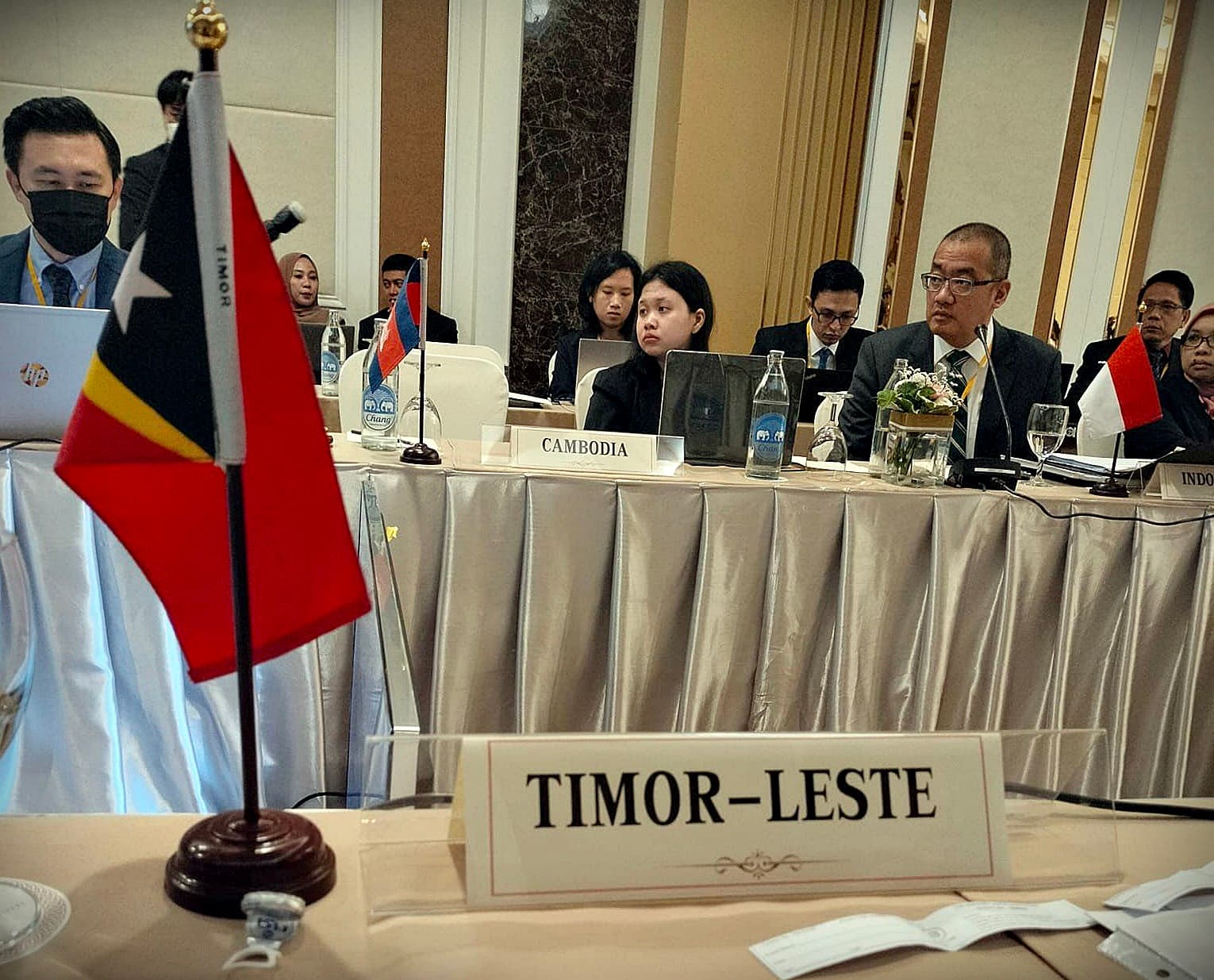Timor Leste: A Shining Beacon of Democracy

Timor-Leste, a small island nation in Southeast Asia, holds the notable distinction of being one of the youngest democracies in the world. Despite a tumultuous history marked by colonization, conflicts, and genocide, this nation has emerged as a shining beacon of democracy, resilience, and hope. Timor-Leste's journey towards democracy has been challenging, but it demonstrates that once a people commit to self-governance, nothing can stop them.
Formerly, Timor-Leste was a Portuguese colony for over 400 years before falling under Indonesian occupation in 1975. For the next 24 years, the Timorese people endured a brutal regime under dictator Suharto, characterized by numerous human rights violations, cultural cancellation, and loss of lives. However, their struggle for self-determination and independence never wavered.
In 1999, after a referendum sponsored by the United Nations, the Timorese people overwhelmingly voted for independence from Indonesia. The result unleashed violence and turmoil, with pro-Indonesian militias launching a campaign of terror and destruction. The international community intervened with a peacekeeping force, and in 2002, Timor-Leste finally achieved its independence.
With independence came the opportunity to build a new nation from scratch, focused on a democratic regime construction. In this process, a constituent assembly was elected to draft a new constitution, including principles related to human rights, social justice, and democratic values. In May 2002, the first democratic elections were held.
Timor-Leste has faced numerous challenges on its path to democracy. One of the most significant was establishing institutions capable of upholding democratic principles and ensuring stability. Similarly, building a functional judicial system, police force, and civil service from almost no previous experience was no small task. In this process, countries like Sweden and Brazil played a fundamental role.
On the other hand, one of the biggest challenges was reconciling a deeply divided society. Decades of conflicts between pro-Indonesian citizens and independence supporters left profound scars. The nation initiated truth and reconciliation processes, allowing victims and perpetrators to come forward, acknowledge past mistakes, and seek resolution.
Timor-Leste's commitment to human rights has been crucial in building democratic values. The nation has ratified numerous international human rights treaties and actively worked to protect its citizens' rights with the support of the international community. The establishment of the Office of the Ombudsman for Human Rights and Justice has been a significant step in ensuring accountability and transparency within the government.
The youth in Timor-Leste have played a vital role in shaping the country's democracy. Approximately 70% of the population is under 30 years old, and the young people have actively participated in political and civil life, advocating for their rights and interests. Furthermore, Timor-Leste has made progress in promoting gender equality, including women in key civil and political positions in the country.
The transformation of Timor-Leste from a war-torn territory to one of the world's youngest democracies is a testament to the indomitable spirit of its people. The nation's dedication to democracy, human rights, security sector reform, empowering youth and women, and its openness to international cooperation has paved the way for a brighter future. Timor-Leste stands as a beacon of hope and inspiration, reminding the world that democracy, no matter how young, can thrive and flourish with the right vision, determination, and collective effort.
Located at the heart of Southeast Asia, Timor-Leste is a democracy that surprisingly shares many challenges and cultural traits with Latin America and the Global South. Its unique history reflects the resilience and determination of its people, who continue to build a nation that symbolizes hope and democracy for the world.
Thanks to Canxio Xavier and Nelinho Vital, who inspired this article.
Selected Source:
Rodriguez, Saul M. (2010) Impact of International Cooperation in SecuritySector Reform in Post Conflict and Conflict Settings: The Cases of Timor L’Este, Liberiaand Colombia, Working Paper: New Voices Nr. 10, Santiago de Chile, Global Consortiumon Security Transformation, 2011. (Translated to Bahasa, Tetum and Portuguese by The UnitedNations Integrated Mission in East Timor (UNMIT)).
